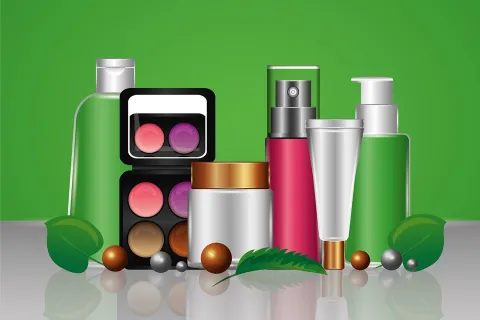
In Singapore, the Health Sciences Authority (HSA) plays the central role in regulating the sale and import of cosmetics, and thereby, ensuring the safety and efficacy of these products. Understanding the Regulatory framework and complying with the requirements is essential for manufacturers and distributors entering the Singapore market.
Regulatory Authority and Requirements
The HSA oversees the submission, notification, and re-notification of cosmetic products in Singapore. Before a cosmetic product can be sold in Singapore, it must be notified to the HSA. The notification process involves ensuring the product’s safety, compliance with regulations, and maintaining a Product Information File (PIF) that follows Singapore’s cosmetic guidelines.
Regulatory Pathway and Label Requirements
Cosmetic products in Singapore are subject to specific Regulatory standards, including the mandatory details that must appear on the product label in English. These details include the product name, list of ingredients, Instructions for Use (IFU), country of origin, manufacturer/distributor name/name and address of the company responsible for placing the product in Singapore, and the net content of the product.
Product Notification Requirements
Manufacturers and distributors must submit a cosmetic product notification to the HSA before selling their products in the Singapore market. Re-notification is required annually or in case of major changes in product details, while amendments are required for simpler changes like updating applicant/manufacturer details.
Mandates and Product Classification Details
Cosmetic products in Singapore must comply with the Health Products Act and the Health Products (Cosmetic Products – Association of Southeast Asian Nations [ASEAN] Cosmetic Directive) Regulations, 2007, which, in turn, align with the ASEAN Cosmetic Directive (ACD). The ACD sets Regulatory principles that are similar to the European Union (EU)’s regulations on cosmetic products, thus ensuring a standardized approach to cosmetic safety assessments.
Advertising and Claims Requirements
Advertising claims for cosmetic products in Singapore must be truthful, accurate, and aligned with the definition of cosmetic products. The claims must be justified by scientific data or evidence and should comply with the ASEAN Cosmetic Claims Guidelines and the Singapore Code of Advertising Practices (SCAP).
To sum up, cosmetic businesses must adhere to the Regulatory requirements for cosmetic safety assessments in Singapore to ensure product safety and compliance with the established standards. In addition, cosmetic businesses entering the Singapore market must be vigilant while decoding the cosmetic product regulations. Consult Freyr to get help with the Regulatory complexities and avoid any last-minute challenges!









